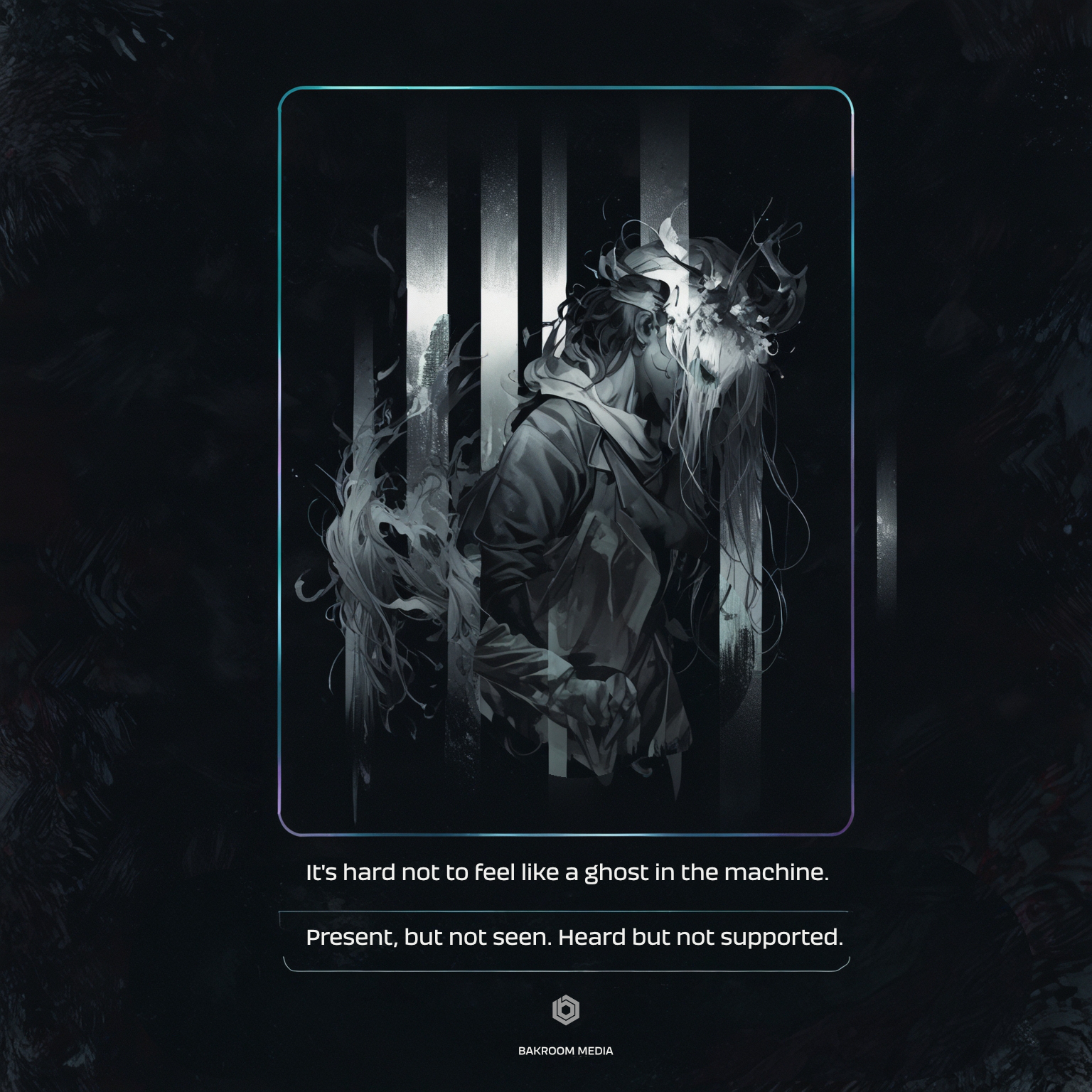A Control Group Reflection on Basic Income for the Arts in Ireland.
When the Basic Income for the Arts (BIA) pilot scheme was announced, it felt like a turning point—a bold, progressive step toward recognising creativity as essential to a healthy society. For many artists, it offered a glimpse of what life could be like if we were supported not just to survive but to thrive.
I wasn’t one of the artists selected to receive the weekly €325 payment.
I was part of the Control Group.
We filled out the same surveys. We answered the same questions. We gave our time, our data, and our reflections. In return, we received a symbolic €650 per year—equivalent to just two weeks of what others received each month.
But it wasn’t about the money.
It was about what the money represented: time, dignity, and the freedom to create without compromise.
The Emotional Cost
Being in the control group was a strange experience. You’re part of something historic, yet excluded from its benefits. You’re asked to reflect on your practice, income, and well-being, knowing that your answers will be measured against those who were given the space to flourish.
It’s hard not to feel like a ghost in the machine. Present, but not seen. Heard, but not supported.
And now, as the pilot scheme comes to an end, those who were supported are facing the return to economic precarity—to jobs that may not nourish their well-being or align with their creative identity. The freedom they briefly experienced—to write, compose, rehearse, and reflect, may be replaced by the old rhythm of survival.
But for those of us in the control group, that freedom never arrived.
We’ve been living in the “after” the entire time.
A Life Committed to Creativity
I am an artist who has dedicated my life to the development and refinement of my creative practice across multiple disciplines, including visual art, music production, and immersive experiences. Over the years, I’ve worked tirelessly to hone my skills, building a portfolio that blends technology with emotion, sound with visual art, and experimental mediums with traditional practices.
Despite this ongoing commitment and achievements such as receiving multiple Merit of Distinction from the Luxembourg Art Prize and presenting work in exhibitions, I have yet to reach a level of financial sustainability that allows me to focus solely on my practice. While my work has garnered recognition, the economic pressures of maintaining an independent career in the arts continue to limit my ability to fully realise its potential.
Creating innovative, interdisciplinary art requires a significant amount of time, research, and experimentation. I devote countless hours each week to exploring new techniques, pushing the boundaries of my mediums, and engaging with the global art community. However, without consistent financial support, I’m often forced to balance this work with other income-generating activities that divert me from my true passion.
A basic income would enable people like me to devote more time to the full expression of my artistic vision, alleviate the financial strain that currently stifles my growth, and ultimately contribute more meaningfully to the arts. It would provide the foundation necessary to evolve my practice and make a lasting impact, not just for myself, but for the wider creative community.
A System on Fragile Ground
Let me be clear: I am a strong supporter of the BIA. It has the potential to transform how we value work, contribution, and imagination. But the pilot has also revealed a more profound truth—the fragility of a creative life without structural support.
Artists don’t just make things.
We reflect society back to itself.
We imagine futures.
We hold space for grief, protest, joy, and transformation.
And yet, society often expects us to accomplish this without stability, without a steady income, and sometimes even without recognition.
The BIA gave us artists a brief, beautiful glimpse of what should be.
And now, we risk losing that vision.
A Call for Equity and Permanence
As we move forward, I hope the data gathered from this pilot supports a permanent, inclusive scheme, one that recognises all creative work, not just the lucky few chosen for a trial.
We need a society where meaningful work is not a privilege but a right, where artists don’t have to choose between their calling and their survival.
#Where freedom isn’t a temporary experiment—but a foundation for living.
We stand at the intersection of automation, AI, and climate change—technologies that are reshaping society in real-time. We can also surely reimagine how we support the human spirit.
We can build a more democratic, humane system.
One where creativity isn’t merely allowed to exist, but is actively nurtured, valued, and protected.
Still Creating
Until then, we keep creating.
We keep reflecting.
Until then, they’ll continue to create in the margins—hoping that next time, the system will remember them too.



